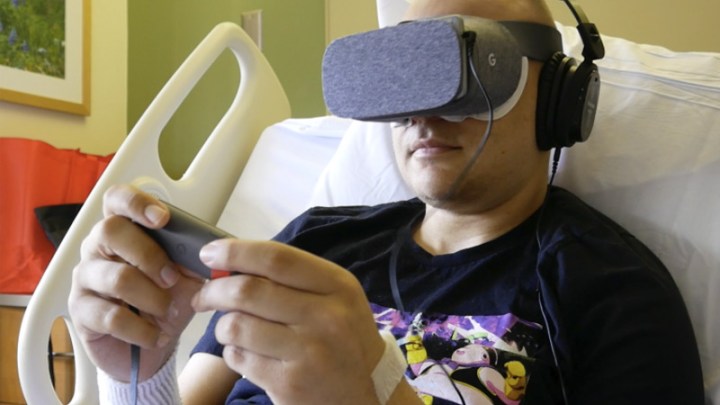
Virtual reality might most commonly be twinned with gaming, but 360-degree 3D video, sometimes referred to as VR video, has been used as a tool for filmmaking for years now. It can provide a unique perspective for the viewer, as well as engender empathy in a manner that is much harder to achieve with traditional 2D video.
“Daydream Impact focuses on three common bottlenecks we have identified: A lack of training on how to create VR video, difficulties accessing camera equipment and tools to showcase their content, and little exposure to how VR has been used creatively to tackle big challenges,” Google said in a blog post.
To get things started, the Impact program has launched a VR filmmaking course on Coursera, open to anyone. It lasts four weeks and works out to between three and four hours of study a week. It suggests that participants have access to a 360-degree camera when the course starts. Although those aren’t cheap, that’s where the next facet of the Impact scheme comes in.
Organizations and individuals can apply for the Daydream Impact equipment loan program, which lends out a 3D, 360-degree Jump camera, an Expeditions Kit, Google Daydream View headset, and a Daydream compatible smartphone.
To help inspire those interested in the scheme, Google has highlighted a number of organizations it has already partnered with on VR content creation. In its blog post it highlights a team-up with Harmony Labs to create an anti-bullying campaign through virtual reality; a Springbok Cares partnership, which used the technology to study the impact of VR on anxiety in cancer patients, and a joint effort with the Eastern Congo Initiative, which created a short film about the people of the Congo for educational purposes.
It also has ongoing partnerships with the likes of the World Wildlife Fund and Condition One, among others, with plans to share more details about their collaborative projects in 2018.



